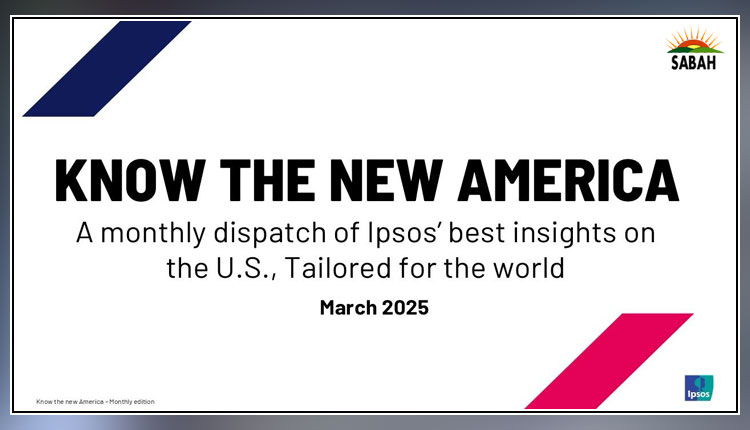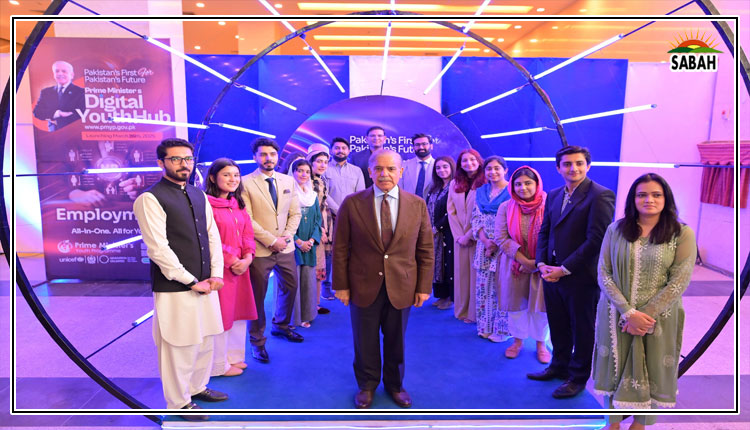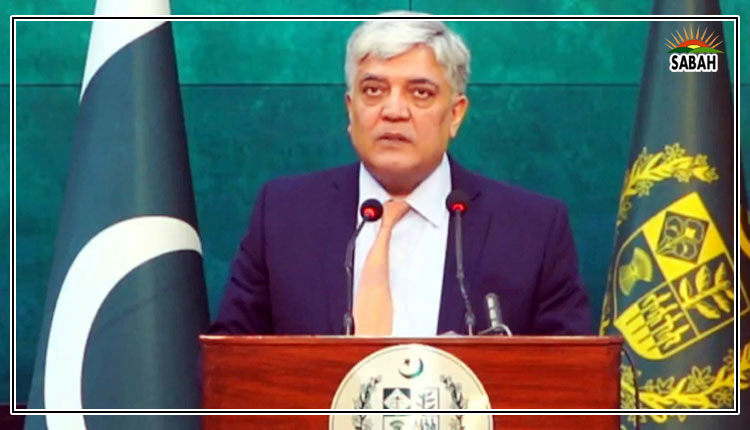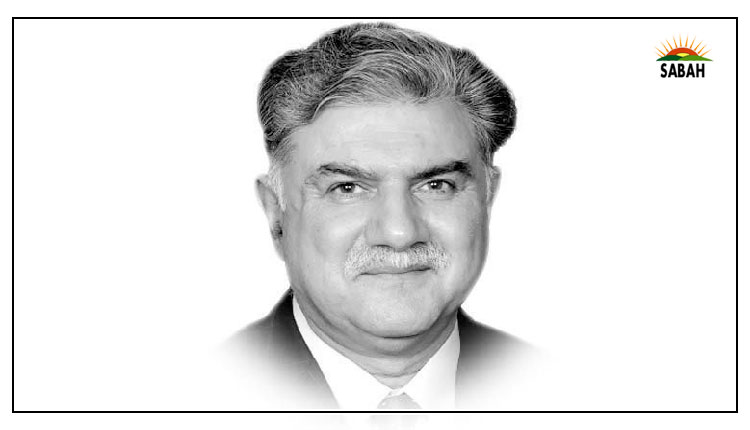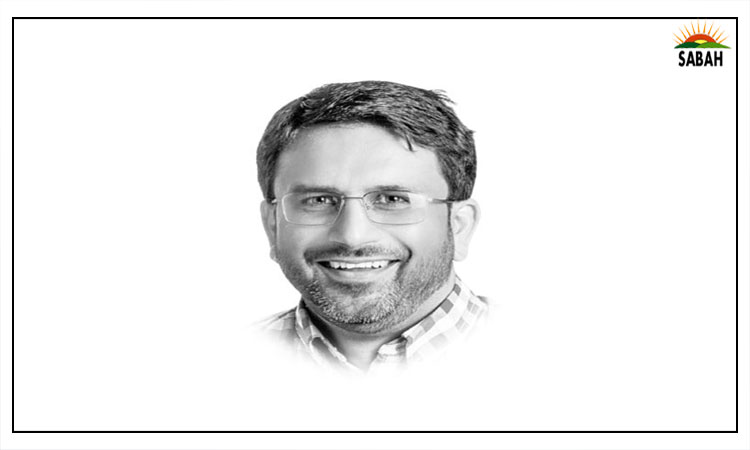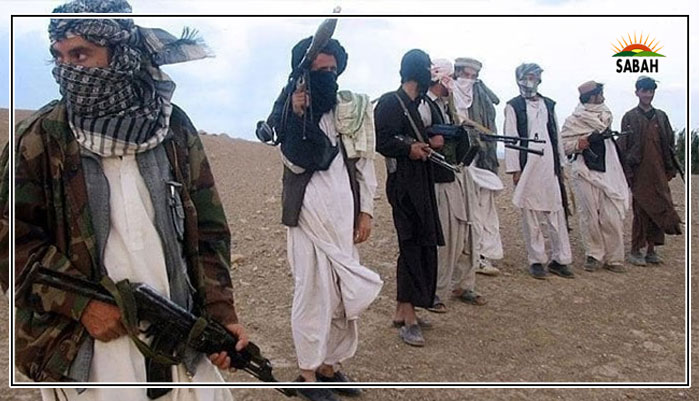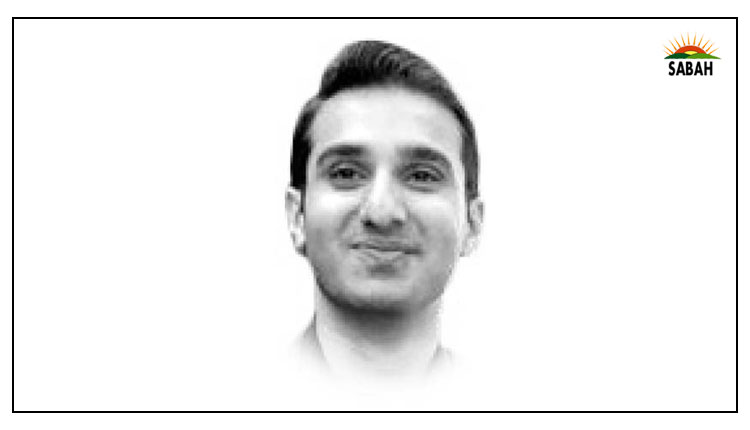Anatomy of blasphemy … Mohsin Saleem Ullah
Violence perpetrated in the name of religion is alarmingly prevalent in Pakistan. The country has not carried out a single execution under its blasphemy laws, which were first introduced by British rulers in 1860 to control religious violence. These laws were later amended by military ruler General Ziaul Haq (1977–88), under which disrespecting the Holy Prophet (peace be upon him) or desecrating the Holy Quran are capital offences punishable by death. As per the Centre for Social Justice, an independent minority rights organisation based in Lahore, since 1987, as many as 88 individuals accused of blasphemy have been killed by mobs.
Just over a week ago, another innocent life was lost to ‘mob justice’. This brutal incident took place in Swat’s Mardan area, where a visitor from Punjab was accused of blasphemy and subsequently burnt alive — in police custody. Such ghastly behaviour has become the norm in Pakistan as these incidents occur with alarming frequency. Most often, individuals are lynched following accusations of blasphemy, though there are also instances where suspected criminals are beaten to death or shot by mobs. Both forms of ‘mob justice’ underscore the weakening authority of the state.
In Pakistan, an accusation of blasphemy — whether true or false, proven or unproven — can lead to extreme violence and, in some cases, the lynching of the accused by a frenzied mob. Vigilantism is particularly on the rise in Karachi, where people often take it upon themselves to deliver ‘justice’ due to the failure of law enforcement to curb street crime. However, in several such instances, innocent people have been killed, as victims are falsely labelled as criminals to settle personal scores. The phenomenon of dubious blasphemy allegations is more complex, intertwined with illiteracy, extremism and a weak state that has created an explosive situation. These incidents of vigilante justice highlight how religious extremism has permeated the country’s body politic and the failure of the state to rein in the vigilante groups causing mayhem in the name of religion.
The unfortunate individual accused of desecration in Swat was not the first to suffer a painful death due to unproven allegations. Before him, there were victims like Sri Lankan national Priyantha Kumara, and most notably Mashal Khan. More recently, a Christian man accused of blasphemy in Sargodha last month was attacked by a mob and succumbed to his wounds. Additionally, last year, rioters ransacked and desecrated several churches in Jaranwala on communal grounds, driven by rumours of blasphemy. This is becoming a new norm to make living conditions for minorities from bad to worse.
Unarguably, blasphemy is an extremely sensitive issue in Pakistan. The majority of blasphemy cases are promptly adjudicated by vigilante groups long before they reach the courts. The problem lies not with the blasphemy laws themselves but with their misuse, as well as the prevalence of mob justice and the state’s inability to restrain extremist groups. Investigations into several blasphemy cases have revealed personal interests, vendettas and property disputes between the accusers and the accused.
Pakistan is at a critical juncture. It must choose between becoming a hostage to extremists or launching a crackdown on extremist groups. Recent brutal incidents are the consequence of the policy of tolerating religious groups that exploit societal sensitivities to garner popular support. The government needs to take immediate measures by prosecuting those involved in murdering and attacking individuals based on flimsy allegations and implementing deeper structural changes to foster a truly moderate society. This would involve reforming the education system, which has long been a breeding ground for intolerance; bridging the socio-economic divide between the elite and disempowered classes; and creating a coherent national narrative that rejects terrorism.
Courtesy Express Tribune





